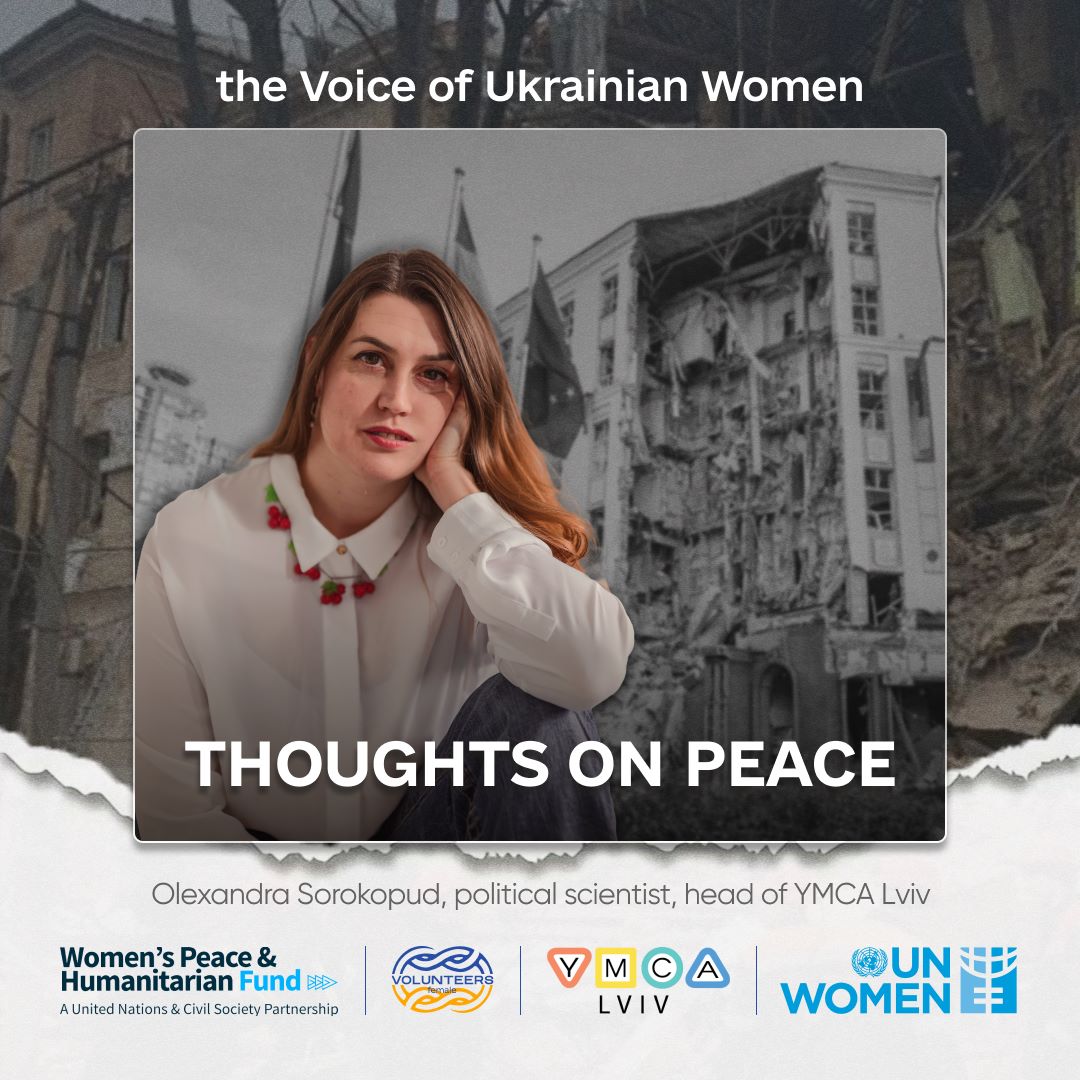In the timeline available to us as humanity, the war has not stopped for a second… Even our Heaven is at war with (not) our Hell… Archangels are holding swords everywhere in our temples… And you will not find a temple in the world where celestial beings are caressing the next generations in the same gentle and serene way… The image of peace is when even God has a day to rest, but only one out of seven, and then under the protection of the omnipresent archangels with swords on guard… Isn’t this the day when humanity will have new tyrants to start their wars? Is peace in such a world condemned to exist forever in pauses? And reveal itself only in dreams?
One of the greatest illusions created by modern warfare is the illusion that peace is its negation. A denial, a cessation, an elimination at all costs. And that it can only exist when there is no war. This illusion is fed by simple decisions that calm the fearful animal in us – no, you will not die, not today… stop… stop at any cost… stop today… and tomorrow, tomorrow we will definitely win… Tomorrow comes and peace receives the first blow: aggression – for not coming. The next month comes and peace receives the second blow: devaluation – for not being able to return the inevitable events, words, people, cities… A year passes, and peace finally enters the knockout phase, and its name is appropriated by weak (com)promises, political talk about the beach season in the Ukrainian Crimea, cheap pictures of a shiny paradise where lions kiss lambs on both cheeks, soldiers return young, healthy and very happy, and pigeons weave laurel wreaths instead of pooping on the heads of monuments.
If all these are just illusions, well-fed on the fodder of the mass media, then what is peace? What words are close enough to highlight this particular image?
Peace is a set of actions in the visible and all available invisible worlds to transform war into a different reality, where direct, structural and cultural violence is no longer possible as a way to achieve the goal. This is the work of supporting the front for the duration of direct violence, of reforming, creating, destroying and strengthening the structures that keep us together or even force us to be together, of nourishing cultural realities so that their fruits awaken sensuality, tenderize imagination and caress dreams…
Peace is the restoration of justice to all those who have been deprived of it by violence. When every death caused by war has a worthy retribution… Peace is when every word is more important than action, because it requires a set of intentions and a set of actions.
Is peace in Ukraine possible without nuclear weapons? This is a question to the world, where every word is burdened with millions of lives. Can we afford peace, and if so, when will our taxes be transformed into investments in military production to guarantee this permission? This is a question to our state and to ourselves. The archangels in our churches hold heavenly swords, isn’t it time to start producing our own, earthly ones?
Heavenly swords defend the timeline where the divine becomes human and the human rises to the divine through wisdom, creativity, compassion, love… and peace is necessary for this to happen easily… even and especially in times of war, this millennial world war for the right to be oneself, to the front line of which our Ukrainian fate has thrown us, or rather graciously invited us.
Olexandra Sorokopud, political scientist, head of YMCA Lviv

The initiative is implemented within the framework of the project “Strengthening the capacity of the women’s network of volunteers in Lviv region” (#FemaleVolunteersLviv) with the technical support of UN Women Ukraine and funded by the UN Women’s Peace and Humanitarian Fund (WPHF).
The WPHF is a flexible and rapid funding instrument that supports quality interventions that increase the capacity of local women to prevent conflict, respond to crises and emergencies, and seize key peacebuilding opportunities.
* This publication has been prepared with the financial support of the United Nations Women’s Peace and Humanitarian Fund (WPHF), but the views and contents expressed herein are not necessarily those of the United Nations and are not officially endorsed or recognized by the United Nations.

